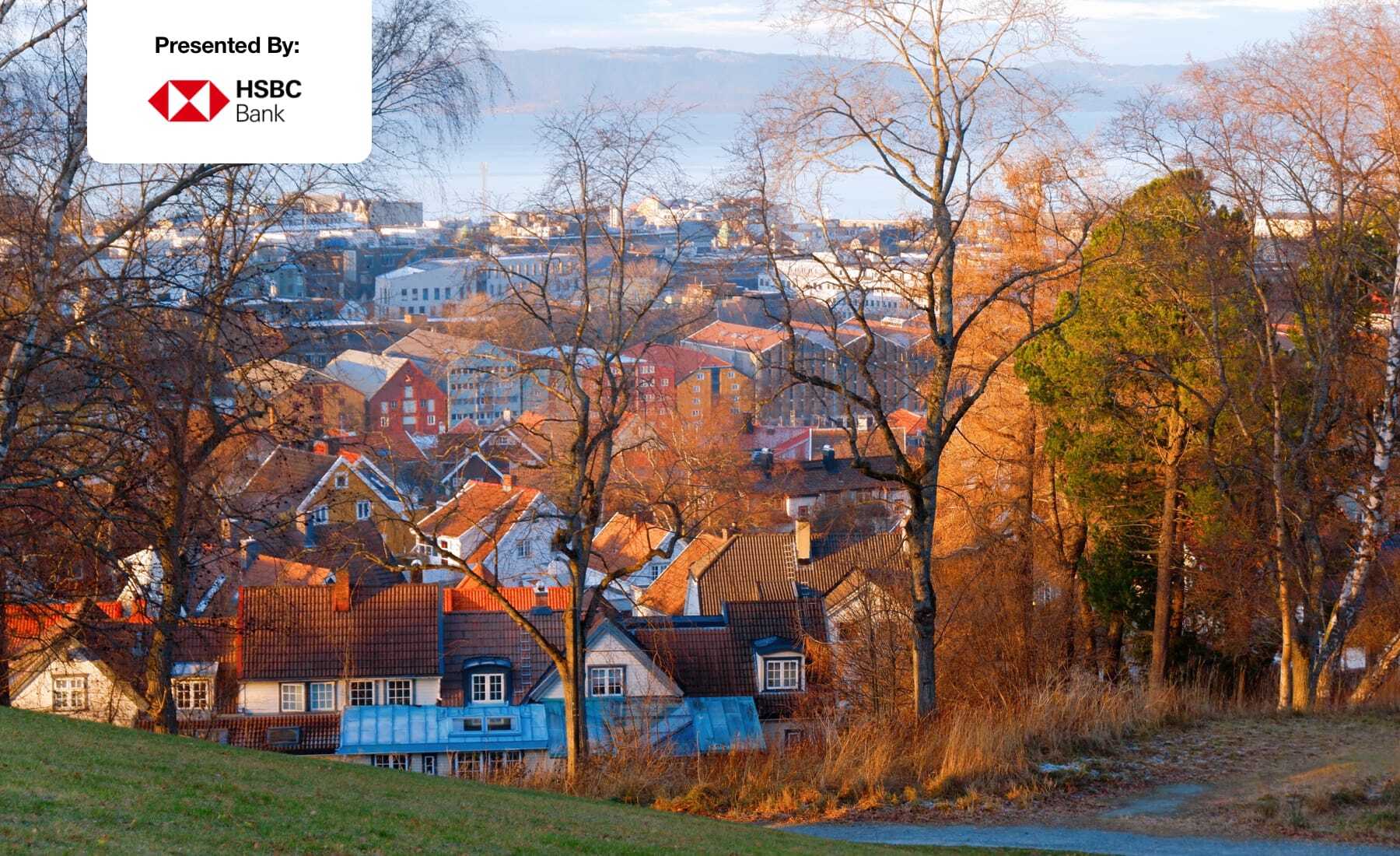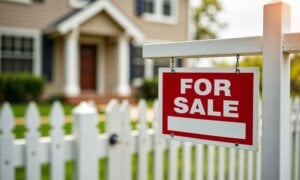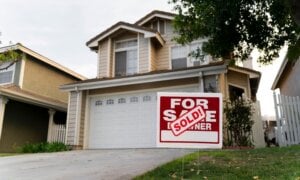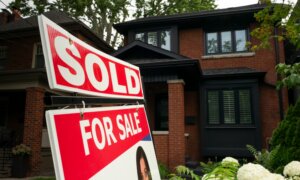Where to buy real estate in 2020: Overview
The MoneySense "Where to buy real estate 2020" report uses the three indicators of value, momentum and expert advice to come up with a list of best Canadian neighbourhoods to get the best value for your real estate dollar.











Don’t! Times too uncertain…
worth reading
What does it mean when a city’s five year appreciation value is a negative number? E.g. Charlottetown has a large negative value, whereas Guelph and London a large positive value. How can a city like Charlottetown be amongst the top 35 cities for real estate investing if it has a negative 5-year appreciation value? Thanks to anyone who can explain what this appreciation parameter means.
Very insightful article. I like the explanation on ‘if it is safe to buy now’ – as written there are perceived consequences and surely a delayed appreciation. At least I share that view after being in the Real Estate Profession for past 30+ years.
Hi , i would like to know about city of Listowel, ON
if is good to buy house there are how is the market value ?